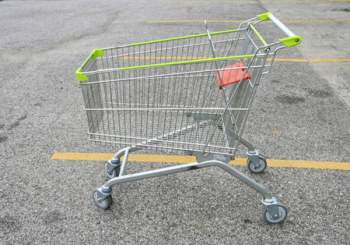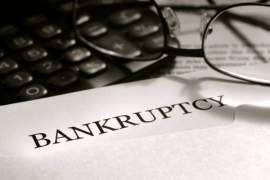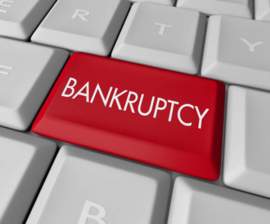
Know The Reasons for Purchasing

Related Forms
Schedule B - Personal Property
Schedule C - Property Claimed as Exempt
Schedule D - Creditors Holding Secured Claims
Schedule E - Creditors Holding Unsecured Priority Claims
Schedule F - Creditors Holding Unsecured Nonpriority Claims
Schedule G - Executory Contracts and Unexpired Leases
Schedule I - Current Income of Individual Debtor(s)
Schedule J- Current Expenditures of Individual Debtor(s)
Summary of Schedules (Includes Statistical Summary of Certain Liabilities)
View All
There are many different reasons that consumers partake in purchasing credit. Despite the risks often associated with credit abuse, loans and credit lines do have their merits, and they are often necessary to make large purchases.
Often, consumers apply for credit so that they can obtain items, even if they do not have the necessary financial funds readily available. By purchasing credit, an individual will be permitted to pay for the item over an extended period of time. For example, a family may want to buy a new television set, which generally costs a substantial sum of money.
Purchasing credit may be beneficial when an individual must address an unexpected and necessary expense. For example, if an individual becomes sick, and must see a doctor and obtain medication, a line of credit can address the medical bills and he/she can pay off these bills in the form of monthly payments. Purchasing credit allows borrowers to handle essential debts without the stress of having to immediately produce a specified sum of money.
Loans are not only utilized towards everyday items that a
consumer may be purchasing. Credit is necessary for an individual to make a
large purchase, such as a home. It is rare for a consumer to have the funds
available to pay for a car or a home. Therefore, when an individual wishes to
purchase these expensive items, he/she will be required to apply for credit.
This will allow the consumer to move into a home, or drive a motor vehicle
while he/she pays for the property over an extended period of time. This
decreases the immediate financial burden that a consumer experiences.
In many cases, individuals apply for
credit based on the condition of the economy. For example, if the government is
offering tax incentives for individuals that purchase a new home, consumers may
be more likely to apply for credit to purchase a new home as opposed to waiting
a few years. If benefits are being offered to individuals that utilize credit,
then it is likewise probable that more consumers will apply for credit.
Furthermore, if the condition of the economy yields opportune borrowing costs,
then consumers may choose to apply for credit at that given point in time before
the circumstances change.
In all, there are numerous different reasons why
individuals choose to obtain a line of credit. Sometimes this decision is
fueled by necessity, while other times it is a result of material desires. No
matter what the reason, it is essential for debtors to handle their credit
responsibly.
If an individual defaults on a loan, he/she may experience long-term, negative repercussions of his/her behavior. His/her interest rate will increase, making it more difficult for the consumer to address monthly payments. In order to avoid this, it is important for a debtor to pay his/her monthly bills in a timely manner. Also, an individual should never accumulate more debt then he/she will be able to repay.
NEXT: Read This Before Entering Into A Credit Contract




















